
The ongoing police investigation into allegations of drug use against actor Lee Sun Gyun (age 48) and singer G-Dragon (age 35, real name Kwon Ji Yong) is currently encountering hurdles.
The comprehensive forensic examinations conducted by the National Forensic Service on Lee Sun Gyun returned negative results. Similarly, the preliminary drug tests on Kwon Ji Yong (G-Dragon) also returned negative. Consequently, the police now face the challenge of substantiating the charges against the celebrities.
On November 8, the police stated that the Incheon Provincial Police Agency implemented preliminary drug tests on Kwon Ji Yong's urine and hair samples. Consistent with Lee Sun Gyun's results, the outcome was negative. In response, the police plan to carry out a detailed examination by sending Kwon Ji Yong’s samples to the National Forensic Service.
The preliminary drug checks are capable of indicating substance use within the past 5 to 10 days. However, more comprehensive tests can detect drug consumption up to a year before the sample collection. If Kwon Ji Yong maintains his denial of the allegations and the comprehensive examination returns a negative result, coming up with substantial evidence could become increasingly challenging for the authorities.
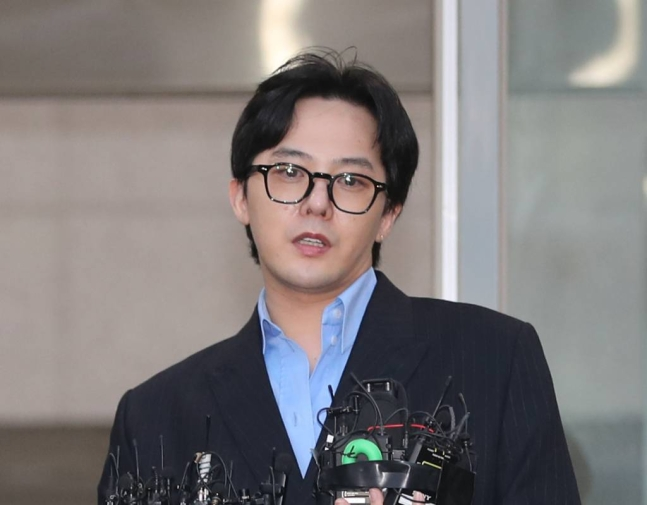
Previously, Lee Sun Gyun produced negative results from both his preliminary and comprehensive drug examinations. In reaction to these outcomes, the police secured Lee Sun Gyun's leg hair to conduct another comprehensive test, since it is known that leg hair retains signs of drug usage longer than the hair on the head.
During the police interrogation, Lee Sun Gyun admitted to consuming drugs, although he maintains that it was an unintentional act. He recounted receiving a substance from a club manager without realizing it was an illegal substance. Lee Sun Gyun emphasized that he was deceived by the manager's assurances and had no deliberate intention of using drugs.
If it is conclusively established that Lee Sun Gyun unintentionally consumed drugs, it might be difficult to file charges against him. This is predicated on the legal principle that an individual cannot be held criminally responsible for an illegal act without the intent or will to commit it. The focus is on establishing whether the individual intended to engage in the illicit activity knowingly.
A police official 'A' stated to MoneyToday, "If the (drug) detailed test results are negative, substantiating the allegations can be challenging. Both Lee and Kwon's urine and hair tests were negative. Additionally, if further tests, including leg hair and other bodily samples, return negative, it could result in their vindication." Furthermore, ‘A’ added, "In Lee's case, according to Article 310 of the Criminal Procedure Law, known as the 'Exclusionary Rule,' a defendant's confession solely cannot be used as evidence of guilt if it's the only disadvantageous evidence against the defendant.”
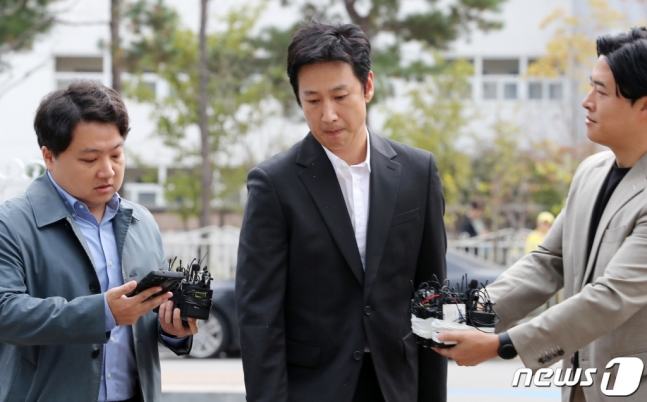
Another police official, 'B,' commented, "We can still pursue the collection and examination of samples from the leg hair or other body parts, even in the event of a negative hair test. If these tests do not reveal any traces of narcotics, prosecuting the accused could prove burdensome."
Within legal circles, the prevailing perspective dictates that the police need to first secure objective evidence. A legal scholar stated, "In drug-related cases, even a confession requires support with additional evidence. The authorities are likely to seek statements from relevant individuals to establish knowingly usage of drugs by the accused.”
The same legal expert emphasized the importance of forensic evidence. Therefore, "Results from the tests of hair or other bodily samples will be crucial, as relying solely on circumstantial evidence may not result in successful prosecution." Park Jin Sil, an attorney at the Park Jin Sil Law Firm, also stressed, "A negative result on a drug test does not necessarily exonerate all drug-related charges. We need to wait for additional evidence, such as phone records."
Meanwhile, the police continue their investigation into Lee’s digital devices, including his phone, and have begun to amass various pieces of evidence to strengthen their case. The probe into the celebrities began when the police received a tip-off in mid-September indicating drug distribution at an entertainment establishment in Gangnam, Seoul. During subsequent inquiries, they obtained evidence of alleged drug use by Lee, Kwon, and other personalities in the entertainment industry.
 SHARE
SHARE




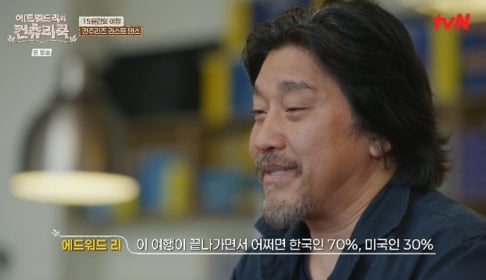






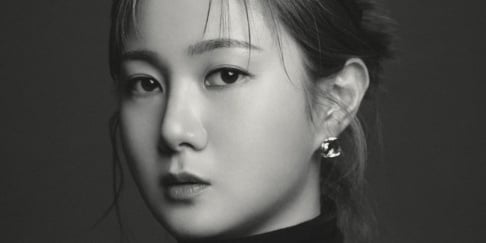
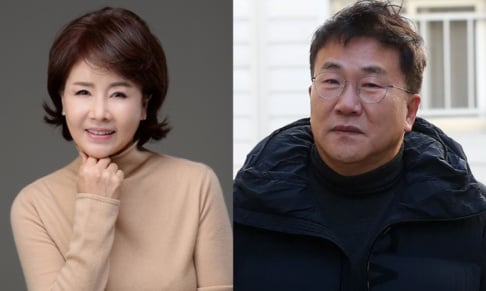
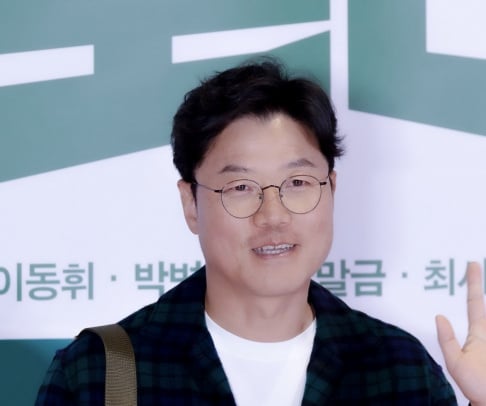




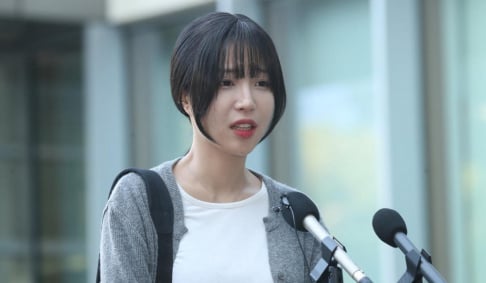

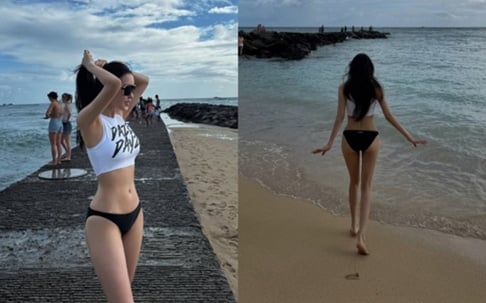

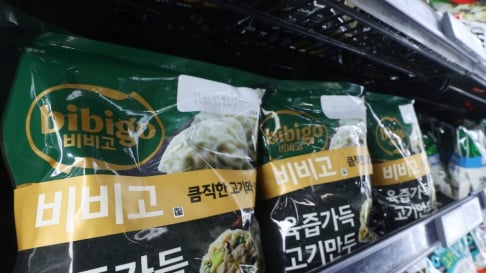



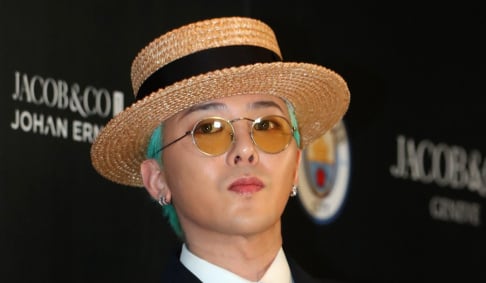



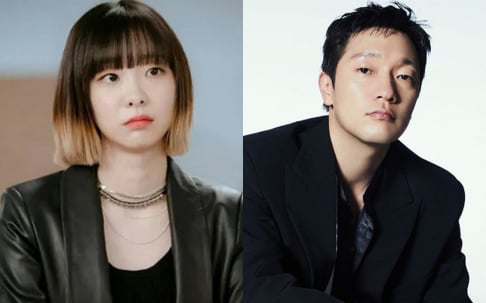














Sounds like their “substantial public informant” is turning out to be a substantial public liar.
2 more replies